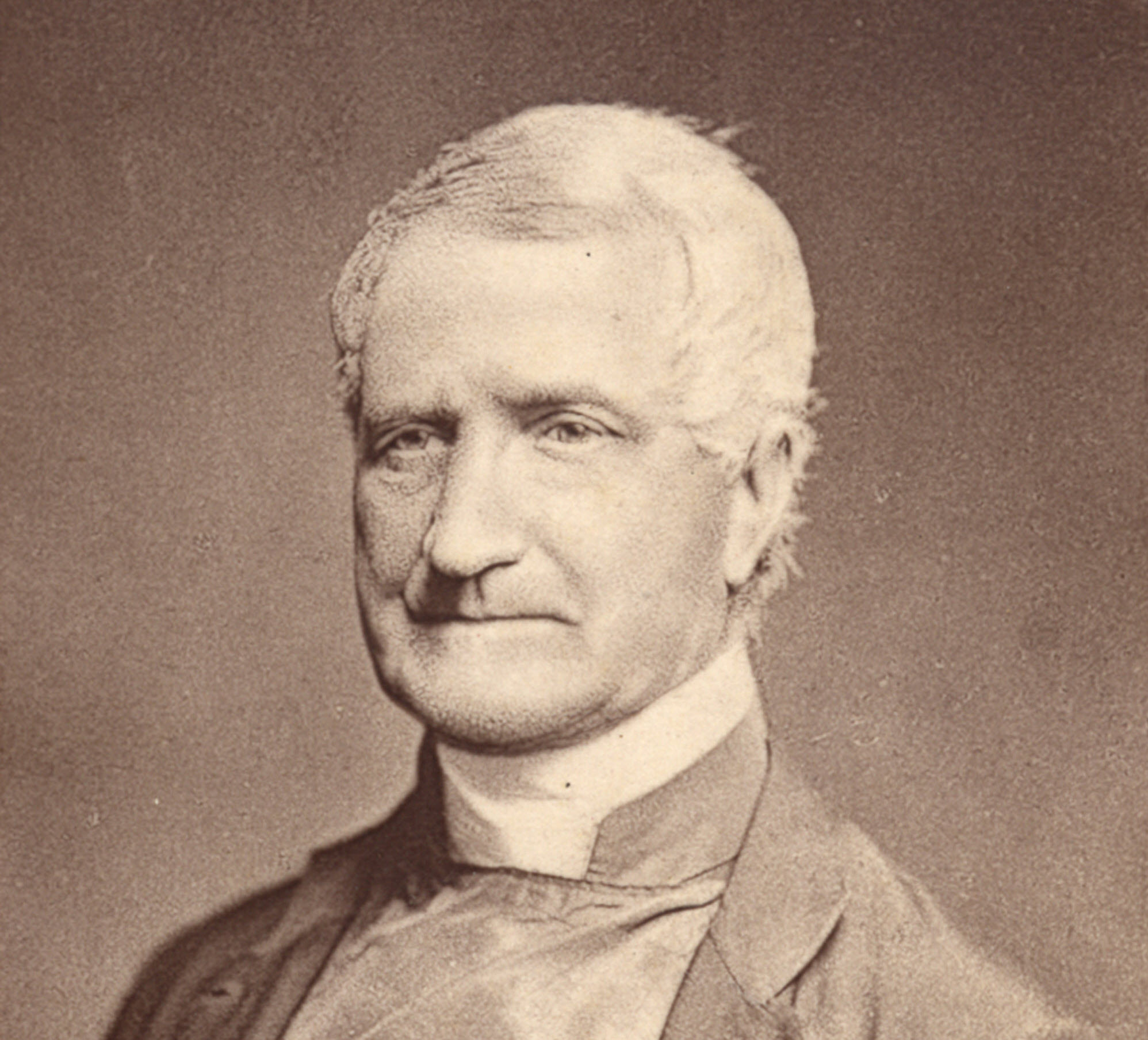Dr Patrick Tyrrell, OFM, Bishop of Clogher, and later of Meath was an alumnus of Multyfarnham friary. This son of the ancient and chivalrous house of Fertullagh, Westmeath, joined the Franciscan Order at an early age in Multyfarnham. He went on to become one of the most prominent members of the Irish hierarchy.
The exact date of his entry into the Order is unknown, but circumstances point to the years 1647- 1648. He was, thus, among the last to be clothed with the brown habit in the Friary church for many a long day, and among the last to make his profession there before the high alter in the ancient sanctuary.

From Multyfarnham he went to St Isidore’s College in Rome, to pursue his studies. Certainly, he was in the Eternal City in 1650 for on the October 10 of that year he received tonsure. In 1651 he received orders and subdiaconate followed in 1652. Patrick was ordained a priest in 1652 / 1653.
Fr Tyrrell was teaching theology in St. Isidore’s College c. 1662. Before his appointment to the professorship of theology, he was elected Secretary General of the Franciscan Order, a post he held for twelve years. In 1670 he was elected Definitor General of the Order. He was also appointed Guardian of St Isidore’s about the same time.
Six years later, on May 4, 1676, he was appointed to the See of Clogher by the Sacred Congregation for the Propaganda of the Faith. in October of that year he reached Limerick and hastened at once to his diocese. In governing the diocese of Clogher, Dr Tyrrell proved himself a zealous and active Bishop.
He had the confidence of the Primate, Bishop Oliver Plunket (now, Saint Oliver Plunkett), who thought very highly of him, and who, in 1677, supported Tyrrell’s application for the administration of Kilmore.
Dr Tyrrell’s petition was granted on February 1 1678, when he became Vicar Apostolic of Kilmore and from that date until his transfer to Diocese of Meath in 1689, he administered the diocese of Kilmore.
Dr Oliver Plunket earnestly petitioned Rome in 1678 to have Dr Tyrrell appointed Apostolic Visitator of the Franciscans in Ireland but the Primate’s request was not granted.
During the reign of King Charles II of England, the Catholic Church in Ireland was subject to intermittent outbursts of persecution and anti-Catholic malice. Drs Plunket and Tyrrell, though loyal and dutiful to the Crown, felt that, as Catholics, they were rarely free from government suspicion.
On October 28, 1679, Ormond advised that Drs Tyrrell and Plunket be apprehended. Plunket was arrested but Tyrrell evaded his pursuers.
In 1680, Dr Tyrrell was recognised hiding in the room of a house and was thrown into prison. Some of his jailers took pity on him and contrived his escape. Nevertheless, on October 21 of that year he was declared guilty of high treason by a grand jury.
Two years later circumstances became so difficult that Rome gave him permission to seek refuge in temporary exile, but he preferred to remain in Ireland. In 1685 James II ascended to the English throne and, with his accession, the hopes of Irish Catholics rose. Bishop Tyrrell was one of three bishops appointed to wait on his Majesty and discuss the best means of ensuring religious freedom. Tyrrell impressed the King so much that he was appointed Secretary of State for Ireland and as the King’s Grand Almoner.
Indeed, when Dr Tyrrell was transferred to the See of Meath four years later, it was said this was brought about at the behest of King James. On the eventful morning of the Battle of the Boyne, Bishop Tyrrell celebrated Mass in the old church of Duleek, over the grave of Bishop Cusack, his predecessor in the See of Meath.
Following the defeat of King James, Tyrrell accompanied the army on its retreat. He seems to have suffered much during the Williamite wars and clung to the last of the fallen fortunes of James II.
After the taking of Limerick, Tyrrell was worn out by fatigue, and borne down with infirmities from the hardships of the times. He died in 1692 before he could see his religion proscribed and his country enslaved under William of Orange.
